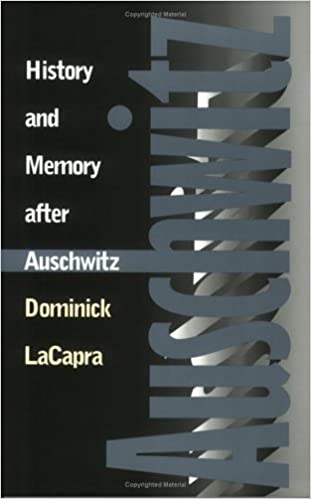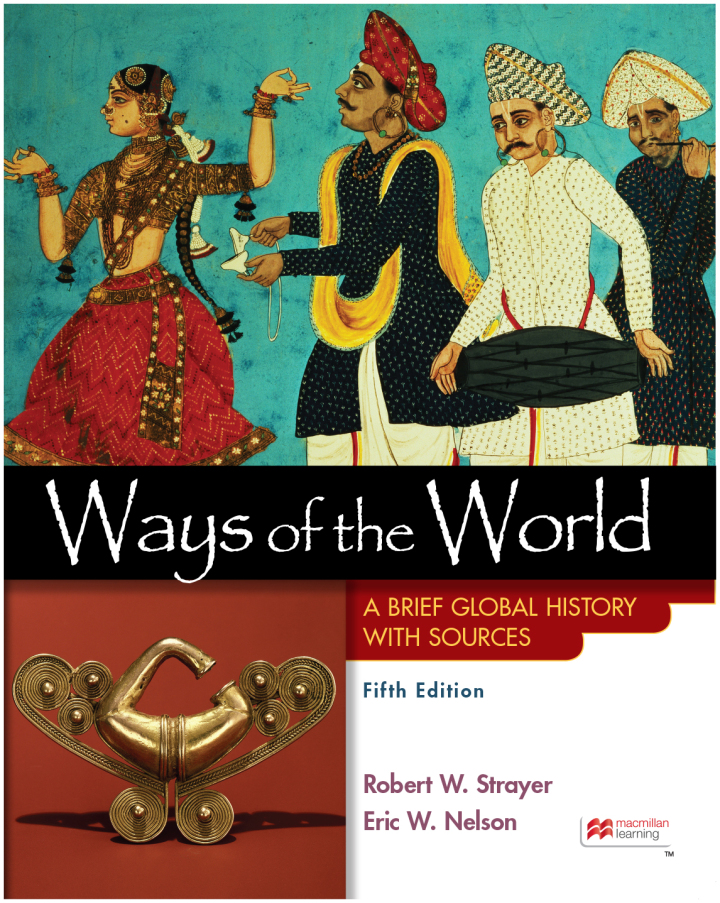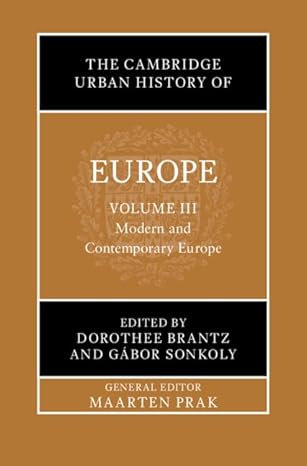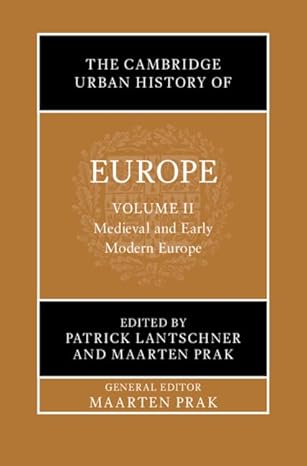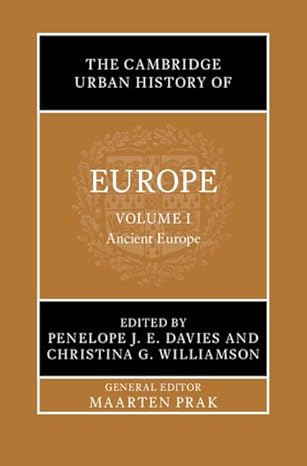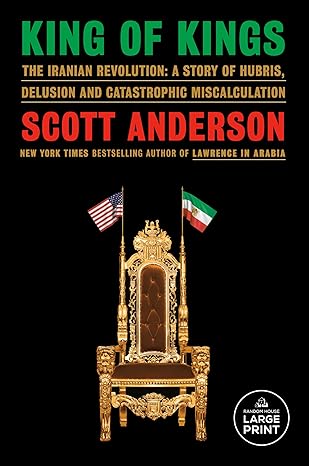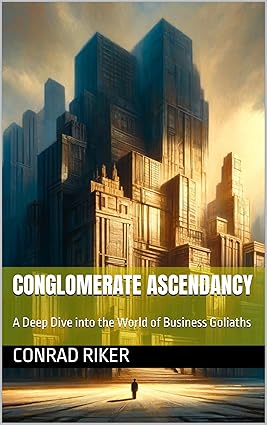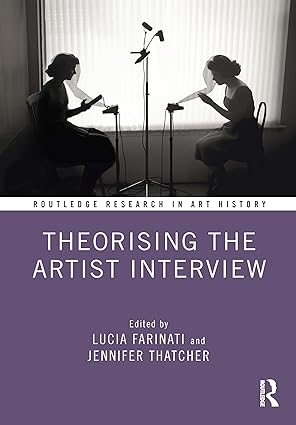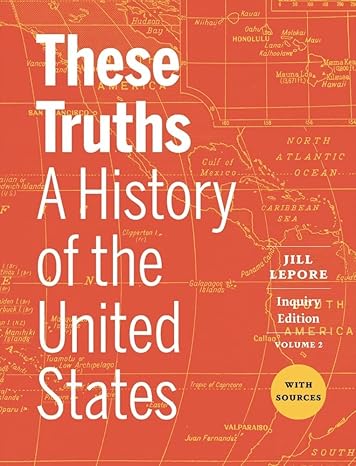The relations between memory and history have recently become a subject of contention, and the implications of that debate are particularly troubling for aesthetic, ethical, and political issues. Dominick LaCapra focuses on the interactions among history, memory, and ethicopolitical concerns as they emerge in the aftermath of the Shoah. Particularly notable are his analyses of Albert Camus's novella The Fall, Claude Lanzmann's film Shoah, and Art Spiegelman's "comic book" Maus. LaCapra also considers the Historians' Debate in the aftermath of German reunification and the role of psychoanalysis in historical understanding and critical theory.
In six essays, LaCapra addresses a series of related questions. Are there experiences whose traumatic nature blocks understanding and disrupts memory while producing belated effects that have an impact on attempts to address the past? Do some events present moral and representational issues even for groups or individuals not directly involved in them? Do those more directly involved have special responsibilities to the past and the way it is remembered in the present? Can or should historiography define itself in a purely scholarly and professional way that distances it from public memory and its ethical implications? Does art itself have a special responsibility with respect to traumatic events that remain invested with value and emotion?
چکیده فارسی
روابط بین حافظه و تاریخ اخیراً به موضوع بحث تبدیل شده است و پیامدهای آن بحث به ویژه برای مسائل زیباییشناختی، اخلاقی و سیاسی نگرانکننده است. دومینیک لاکاپرا بر تعاملات بین تاریخ، حافظه، و نگرانیهای اخلاقی سیاسی که پس از شاهنشاهی ظهور میکنند، تمرکز میکند. به ویژه تحلیلهای او از رمان سقوط آلبر کامو، فیلم Shoah کلود لنزمان و کتاب کمیک آرت اشپیگلمن Maus قابل توجه است. لاکاپرا همچنین بحث مورخان را پس از اتحاد مجدد آلمان و نقش روانکاوی در درک تاریخی و نظریه انتقادی در نظر می گیرد.
در شش مقاله، لاکاپرا به یک سری سوالات مرتبط می پردازد. آیا تجربیاتی وجود دارد که ماهیت آسیب زا آن ها درک را مسدود می کند و حافظه را مختل می کند در حالی که اثرات دیرهنگامی ایجاد می کند که بر تلاش ها برای پرداختن به گذشته تأثیر می گذارد؟ آیا برخی رویدادها حتی برای گروه ها یا افرادی که مستقیماً درگیر آنها نیستند، مسائل اخلاقی و بازنمایی را مطرح می کند؟ آیا کسانی که مستقیماً درگیر هستند، مسئولیت های ویژه ای در قبال گذشته و نحوه یادآوری آن در زمان حال دارند؟ آیا تاریخنگاری میتواند یا باید خود را به شیوهای کاملاً علمی و حرفهای تعریف کند که آن را از حافظه عمومی و پیامدهای اخلاقی آن دور کند؟ آیا هنر به خودی خود مسئولیت ویژه ای در قبال رویدادهای آسیب زا دارد که با ارزش و احساسات همراه هستند؟
ادامه ...
بستن ...
Ebook details:
عنوان: History and Memory after Auschwitz
نویسنده: Dominick LaCapra
ناشر: Cornell University Press; Second Printing edition (March 30, 1998)
زبان: English
شابک: 0801484960, 978-0801484964
9781501727450 1501727451
حجم: 19 Mb
فرمت: Original PDF
ادامه ...
بستن ...
